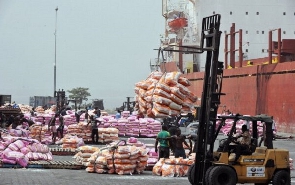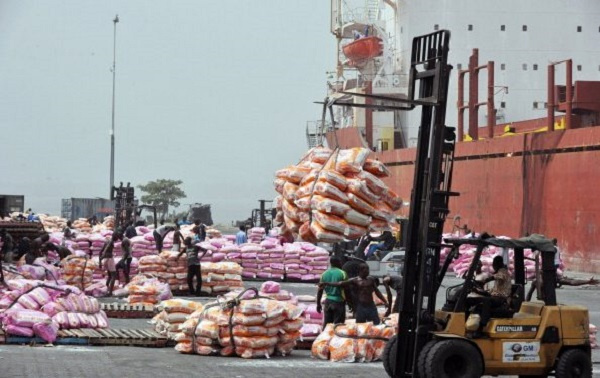 US imposes 10% tariff on imports
US imposes 10% tariff on imports
If you’ve been following the news, you’ve probably heard the word “tariffs” more times recently than ever before.
This is because US President Donald Trump imposed aggressive tariffs on trade between the US and other countries in April 2025.
Trump introduced a 10% tariff on most imports from over 60 countries, including Ghana.
In this GhanaWeb Business article, let’s explore what tariffs are and how they affect trade.
Tariffs are essentially taxes imposed by governments on imported goods. They are often used to protect domestic industries, raise revenue, or address trade imbalances.
This makes foreign goods more expensive, encouraging consumers to buy domestically produced items.
How does this affect Ghana?
Even though Ghana is not a major exporter to the US, unlike countries such as China, it exports key commodities like cocoa (used in chocolate), gold, oil, and various fruits and agricultural products.
Because of this, these exports could incur higher costs when entering the US market, making them less competitive and affecting the country’s export revenue.
In addition, Ghana’s exports could decline if global markets slow down. For example, if global gold prices fall, Ghana will be significantly affected.
Furthermore, Ghana is heavily import-dependent. As a result, global inflation could make imports more expensive for the country.
This may also impact Foreign Direct Investment (FDI) into Ghana, potentially affecting overall investments.
The US has declared a 90-day pause before the full implementation of the tariff, but it is prudent that Ghanaian authorities act proactively to address the issue.
Last week, the Ministries of Foreign Affairs and Trade, Agribusiness, and Industry met with the US Ambassador to Ghana, Virginia Palmer, to seek further clarification on the tariffs.
The outcome of the meeting clarified that the tariffs are not directly targeted at Ghana.
However, certain sectors, including oil, gas, and energy-related exports, are exempt from these tariffs.
Experts have also called on the government to encourage self-reliance by boosting production and manufacturing to reduce the impact of these external measures.
Meanwhile, China and the US have been going back and forth with tariff impositions of over 100%.
This has disrupted global markets and led to a drop in global crude oil prices.
Watch the latest edition of BizTech below:
Click here to follow the GhanaWeb Business WhatsApp channel
SSD/MA
